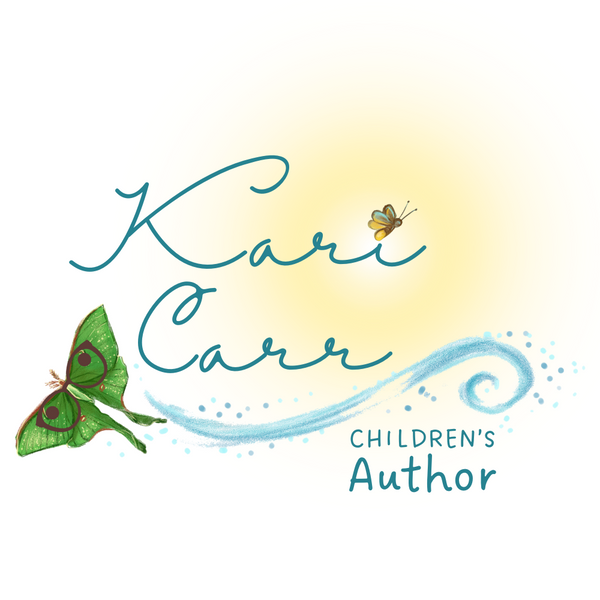
Teaching Kids to Love Differences: Celebrating Diversity and Inclusion
Share
In today’s world, it’s more important than ever to teach children to appreciate the differences that make each person unique. Embracing diversity and inclusion not only helps kids develop empathy but also encourages them to celebrate the many ways people contribute to our communities.
One of the simplest ways to start is through storytelling. Whether it’s reading books about different cultures, backgrounds, or abilities, stories open up conversations about diversity. Children are naturally curious, and books provide an easy, non-threatening way to introduce them to different perspectives.
Another effective method is through positive role modeling. As parents, caregivers, and educators, the way we speak about others—whether it's about race, gender, or any other aspect of diversity—has a profound impact. By showing kindness, respect, and appreciation for all people, we set an example for children to follow.
Encouraging inclusive activities, such as playing with kids from different backgrounds, can also foster an environment where differences are celebrated rather than feared. Activities that highlight teamwork, communication, and cooperation allow children to work together and appreciate each other’s unique strengths.
Lastly, it's essential to have open discussions. Talking about differences in a thoughtful and positive way allows kids to ask questions and express their thoughts, helping them understand the importance of inclusion. Whether it's talking about why someone looks different or why some people have different abilities, these conversations build understanding and respect.
By teaching kids to love differences, we are not only shaping the next generation of kind, compassionate individuals but also contributing to a world where diversity and inclusion are celebrated every day.
